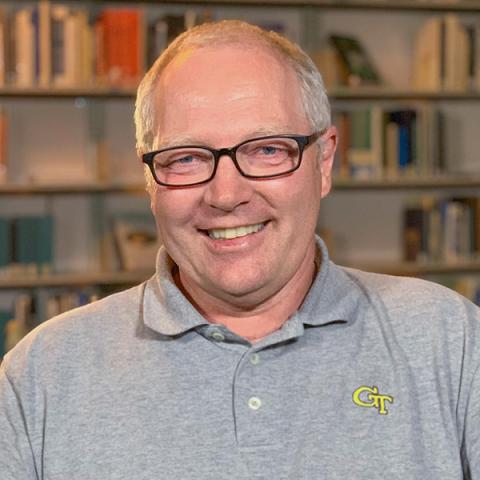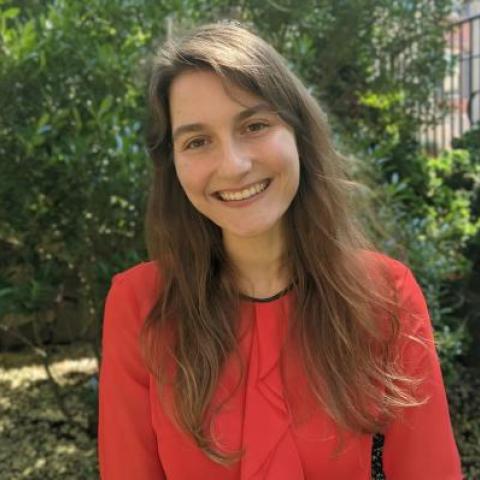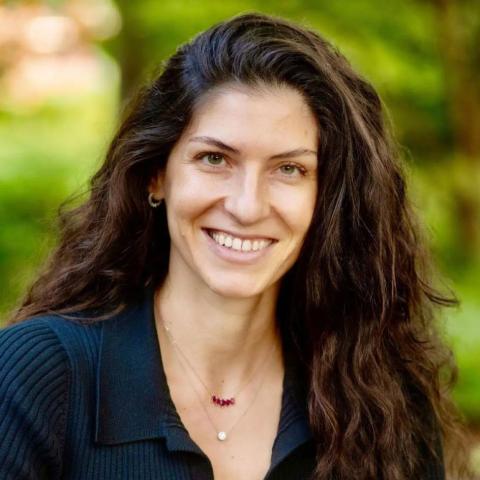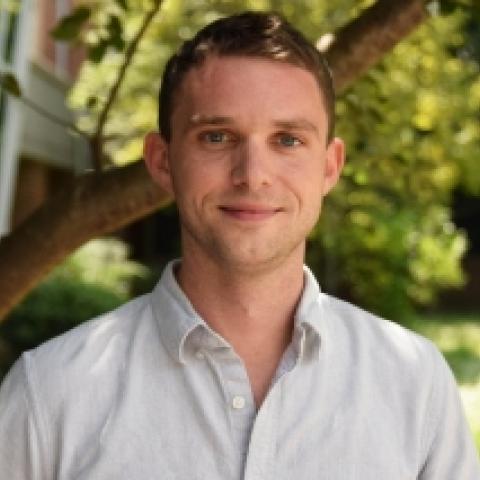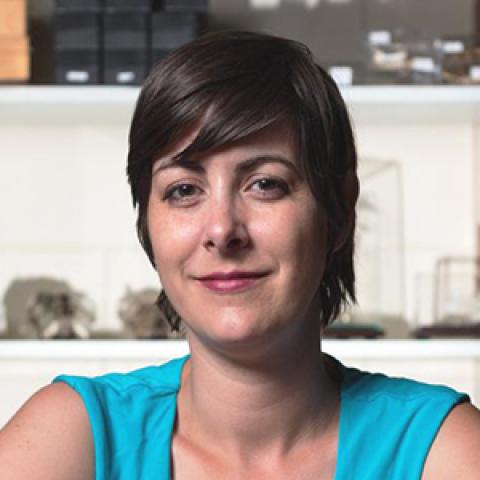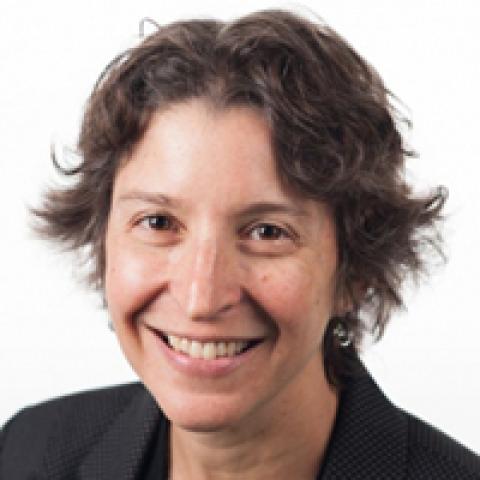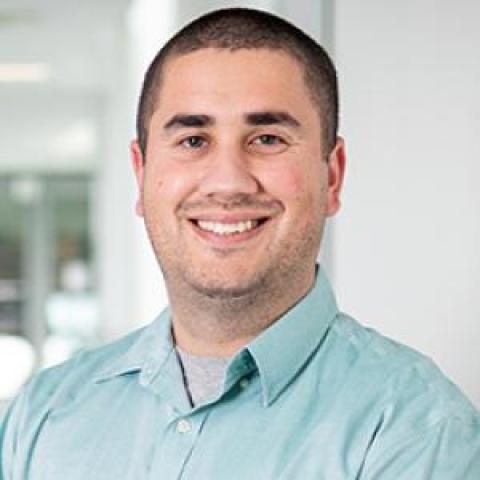Dr. Brigitte Stepanov is a war researcher and Assistant Professor of Francophone Studies. She is the founder and director of the Energy Today Lab, an interdisciplinary research hub that reflects creatively and analytically on the energy - broadly defined from labor to thermodynamics - of our contemporary world. Her research interests focus on 20th- and 21st-century French, North African, and Sub-Saharan African literary and visual culture. Trained as a scholar of French and Francophone Studies and as a mathematician, she holds degrees from Queen’s University at Kingston in Canada and a PhD from Brown University. At Brown, she was a Fellow at the Cogut Institute for the Humanities and awarded an Archambault Award for Teaching Excellence.
Before coming to Georgia Tech, she was an Andrew W. Mellon Postdoctoral Fellow with the Department of French and Arabic at Grinnell College, where she organized the Theories of Decolonization working group with the support of a grant from Grinnell’s Center for the Humanities. She has been a Silas Palmer Fellow at the Hoover Library and Archives at Stanford University, a Lecturer at the Université Lumière Lyon 2 in France, and a selected participant of the National Endowment for the Humanities seminar “The Search for Humanity after Atrocity.” Additionally, she has trained in conflict mediation, having most recently taken part in the Peacebuilding Institute hosted by the Center for Justice and Peacebuilding at EMU.
Her current book project, Cruelty, War, Fiction: Redefining the In-Human, explores excessive forms of violence in warfare and their representation in fiction and visual media from Algeria, Rwanda, and France. She argues that the concept of cruelty is fundamental to any discussion of political instability, war, and crimes against humanity. More broadly, this project examines the relationship between the evolution of warfare over the last eighty years and shifting conceptions of the human in the face of “universal” manifestations of violence. This work is closely tied to her second research project, which examines literary, artistic, and cultural responses to radioactive fallout and its ensuing ecological crisis following France’s nuclear arsenal testing in Algeria and the South Pacific. Dr. Stepanov’s scholarship has appeared in Contemporary French & Francophone Studies, The French Review, Voix plurielles, and in the volume Memory, Voice, and Identity: Muslim Women’s Writing from Across the Middle East (Routledge, 2021). Dr. Stepanov is also the translator of works by Peter Szendy and Laura Odello and has worked with the Derrida Seminar Translation Project.
Finally, she is a photographer, focusing on archiving memory and the geometry of ecological forms. Both facets of her work are preoccupied with minute documentation – be it to collect visual reminders of patches of lichen or the detailed brickwork of a monument. Among other venues, her work has been exhibited at the Houston Center for Photography, the Ukrainian Institute of Modern Art in Chicago, the Granoff Center for the Creative Arts and AS220 in Providence. Her recent exhibit, “Why I’ll Always Dream of Poland,” supported by a grant from the Program in Judaic Studies at Brown, features photographs she took while conducting research on Holocaust remembrance in Israel, Germany, France, Ukraine, Poland, Canada, and the US. Shedding light on public mourning and memorialization, the project also reflects on personal loss and family histories and attempts to bridge the gap between private experiences and public sites of inhuman violence.

